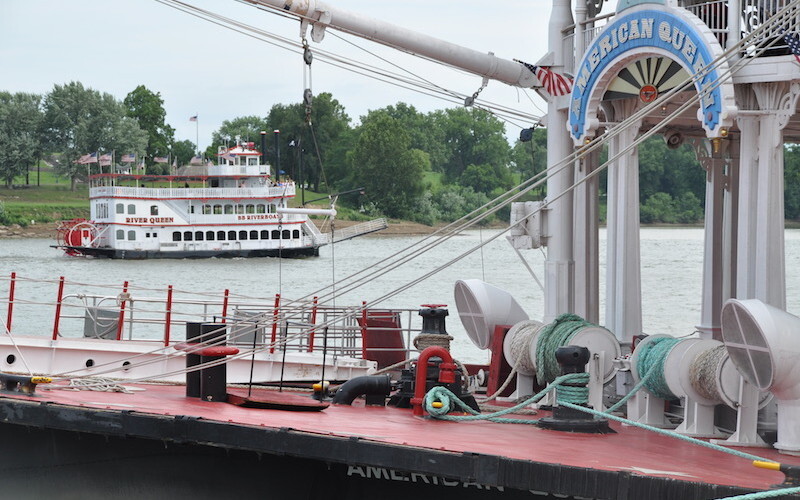In 1968 during a touch football game in a PE class, I found myself rushing the passer — a kid who was physically matured well beyond most of us eighth graders — who threw a “bomb” the length of the field for a touchdown. Unfortunately for me, his throwing hand curled into a fist following the throw, slamming into the side of my nose, sending a spray of red across the green grass and notching a kink in my proboscis that is still there today.
I bring this up because that must have been what the owners and operators of the U.S. passenger vessel industry felt like three years ago — a punch coming from nowhere in the form of the Covid-19 pandemic.
The pandemic affected all sectors of the workboat industry to be sure, but none more than passenger vessels. Passenger vessels, with few exceptions, sitting empty at the dock.
“Numerous U.S. small passenger vessel operators who operate seasonally will surely lose their entire operating season for 2020 and most likely will go into their 2021 seasons — should they actually survive — dramatically weakened financially,” the Passenger Vessel Association (PVA), said in a 2020 letter to Congress
Fast forward to 2023 and the story has thankfully changed dramatically.
“U.S. passenger vessel operators experienced excellent business conditions in domestic markets during 2023,” PVA’s Executive Director John Groundwater told WorkBoat for its February 2024 issue's cover story. “Dinner boat and charter operators have reported increasing corporate and group bookings, and the ferry industry has pointed to growing commuter traffic.
In 2020, Troy Manthey, owner of Yacht Starship Cruises & Events in Tampa, Fla., had laid off 90% of his employees. In 2023, the company built a new 149-passenger dinner boat that is in its final stages of outfitting.
In addition, Manthey said they are also refitting two riverboats at Steiner Construction Co., in Bayou La Batre, Ala.
Now that’s the way to recover from a sucker punch.





